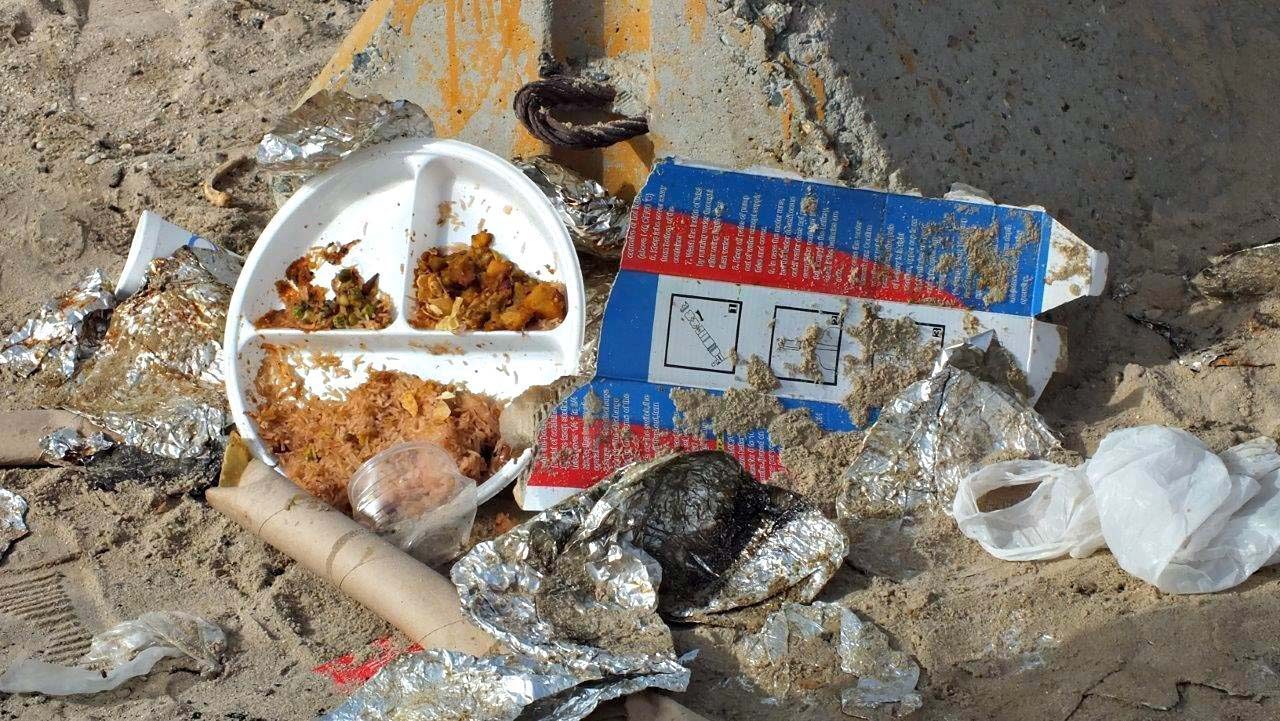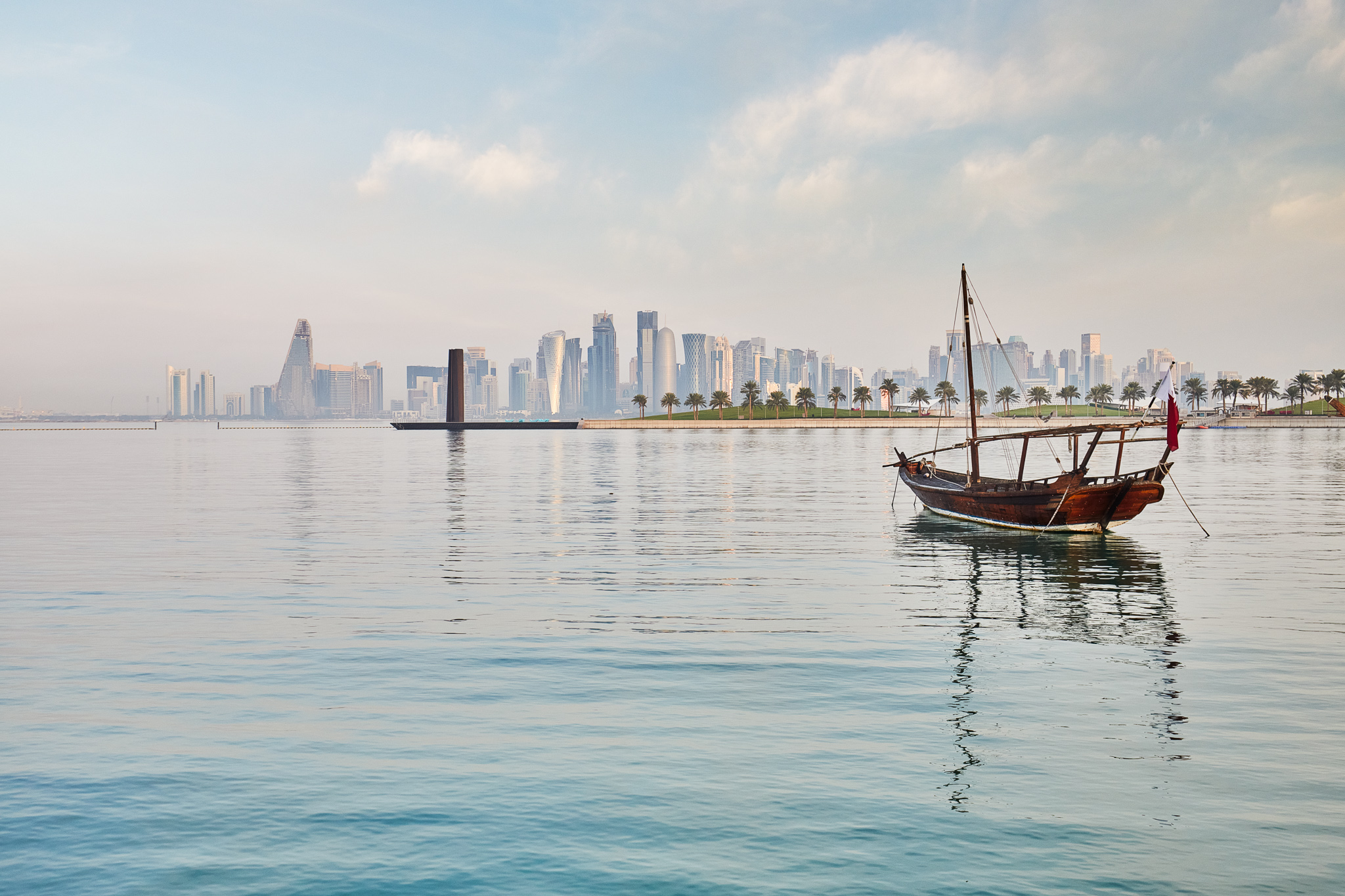
Fed up with the litter he sees strewn across Qatar’s beaches, resident Neil McBride, a British expat who is involved with Qatar Marinewatch and Qatar Turtlewatch, has written this piece to raise awareness about the issue and urge others to change their habits.
In March of this year the “we see you, you are not alone” cleanliness campaign was launched.
The government-backed initiative was designed to prick the consciences of those who feel it is acceptable to spit on public property, or simply dump their litter in public places for others to clean up.
It also aimed to make people who were not aware of the consequences their actions may have to stop and think before they do it.
Nearly six months later, what has changed? If Golden beach in Mesaieed on Wednesday, July 30 is anything to go by, very little indeed.
Stinky swim
That day, my friends and I decided to head to the beach this week for an early morning swim.
It would have to be early morning of course as mid-morning temperatures (and beyond) were simply way too warm for three Europeans whose countries are seemingly still in the grips of the last ice age.
When we arrived at the beach around 7am, the sight that greeted us was horrendous.

The car park was strewn with rubbish left behind by previous beach users, and the beach itself was much worse.
Looking to our left we could see the remnants of barbecues, food tipped onto the sand (rice, tomatoes, meat etc), discarded cans/wrappers/containers and beach furniture that had seen better days.
The smell that overpowered our nostrils as we exited the car was so strong that, had we closed our eyes, our minds would have been only able to generate the image of a landfill site because nothing else could have matched this negative sensory experience.
It looked, and smelled, like the aftermath of a music festival on the scale of Glastonbury or Reading, as if thousands had been through there and each had made their own contribution to this awful scene.
This isn’t just bad news for us or other beach goers in Qatar. This is potentially catastrophic for our environment and the wildlife that inhabits our surroundings.
For example, here a few facts regarding litter and the length of time it takes to decompose:

Animals suffer so badly because of this.
A turtle, swimming gracefully in the sea, can easily mistake a plastic bag for a jellyfish (one of its primary food sources). If that doesn’t make you think, how many of you catch fish or crabs and take them home to eat later?
What if that crab or hammour had consumed some of that rubbish? The petro-chemicals from that carelessly discarded biscuit wrapper are now entering your body – just a thought, that’s all.
Golden beach is not unique with regards to this litter issue. Improperly disposed trash continues to be a big problem in Qatar, such that one voluntary beach clean-up recently involved the removal of a ton of rubbish
I can well believe this because, back in May, some 20-30 others and myself participated in a clean-up of Fuwairat beach. In just two short hours, we had filled approximately 30 refuse sacks with a wide variety of items, from general litter to large car tires and industrial fishing equipment.
Clearly, it’s not just the general public who is responsible for this mess.
Government cleanup crews
At this point, I would like to credit the clean-up crews of the Ministry of Municipality and Urban Planning. On both occasions I have witnessed them in action, they have done an excellent job of clearing much of the mess.

It’s just a shame that they are necessary.
How much hassle would it be to simply take a spare plastic bag or bin sack and use it to collect all of the waste generated during a visit to the beach? In the end, that bag can simply be discarded into the bin – and on all the beaches I have visited in Qatar, bins are plentiful.
At Golden beach for example, they are located approximately 20 yards apart and is that too far to walk? Really?
Please, when you travel to the beach: “Take only photographs, leave only footprints.”
Thoughts?







